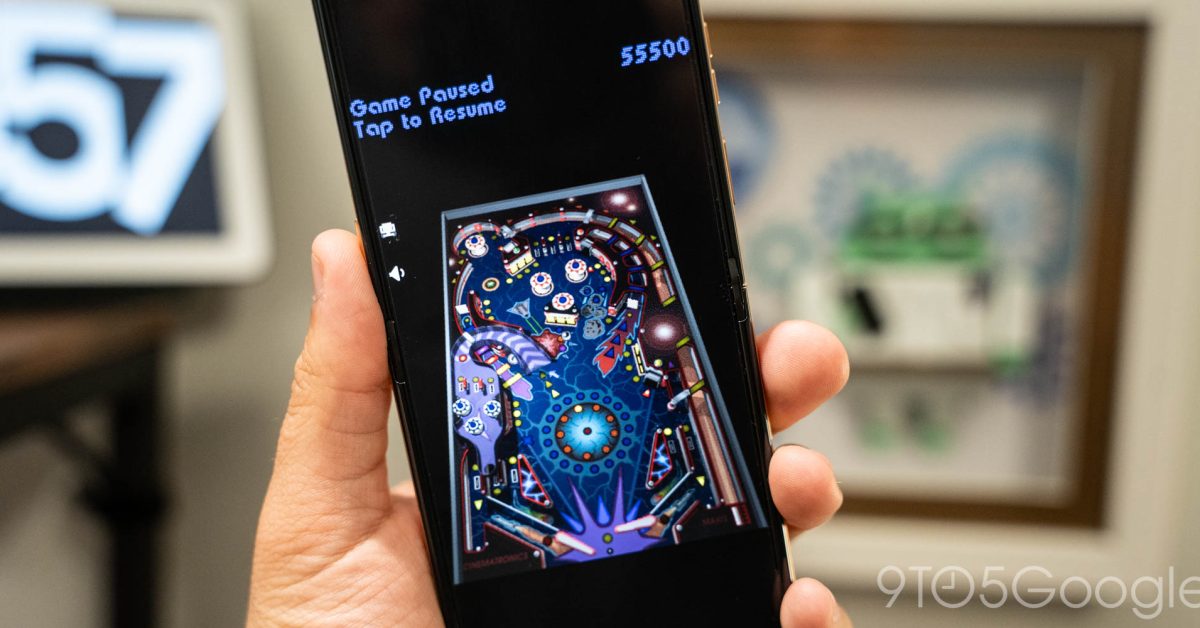Play Store 3D Pinball Space Cadet Download
From the article:
If you grew up in the Windows XP era, than you probably spent hours playing its iconic free game, “3D Pinball Space Cadet.” Now, “Space Cadet” pinball has been ported to Android, and it’s completely free.
One of the many things that Windows XP will be remembered for is the pinball game that essentially everyone who ever used the operating system played at some point or another. The game has been immortalized many times, and now it’s available on Android.
Developer Kyle Sylvertre used a decompiled version of Space Cadet Pinball from k4zmu2a on GitHub to bring the game to the Google Play Store for Android users. The game is optimized for touchscreens with the left and right sides of the display acting as the triggers, and you can also tap the far right side to use the ball launcher. The game runs in portrait mode, supports 18 languages, integrates with Google Play Games for a leaderboard, and is less than 5MB in size.
And it’s all completely free too.
There are no ads or in-app purchases here, as the developer “just wanted to see it on Android with a Google Play leaderboard.” On that note, cheats are disabled to keep the integrity of that leaderboard, but the developer hints that cheats might come back with an option to turn off the leaderboard.
In any case, it’s a nice hit of nostalgia. Drop your high score in the comments below.



No, that’s not how copyright works. Decompiling creates a derivative work, which is still copyrighted the same as the original. In order to have a proper clean reimplementation, you need to use a “Chinese wall” procedure whereby one person documents the behavior of the original program and then another person writes a new program from scratch using that description, without ever looking at the original program’s source code.
I don’t claim to know what Nintendo or its lawyers are thinking, but the law is pretty crystal clear that merely decompiling a proprietary program doesn’t magically make it not proprietary anymore.
Most people call that a cleanroom reimplementation
Yes, thanks, that’s the more culturally-sensitive name for it that unfortunately didn’t come to mind when I wrote my previous comment.